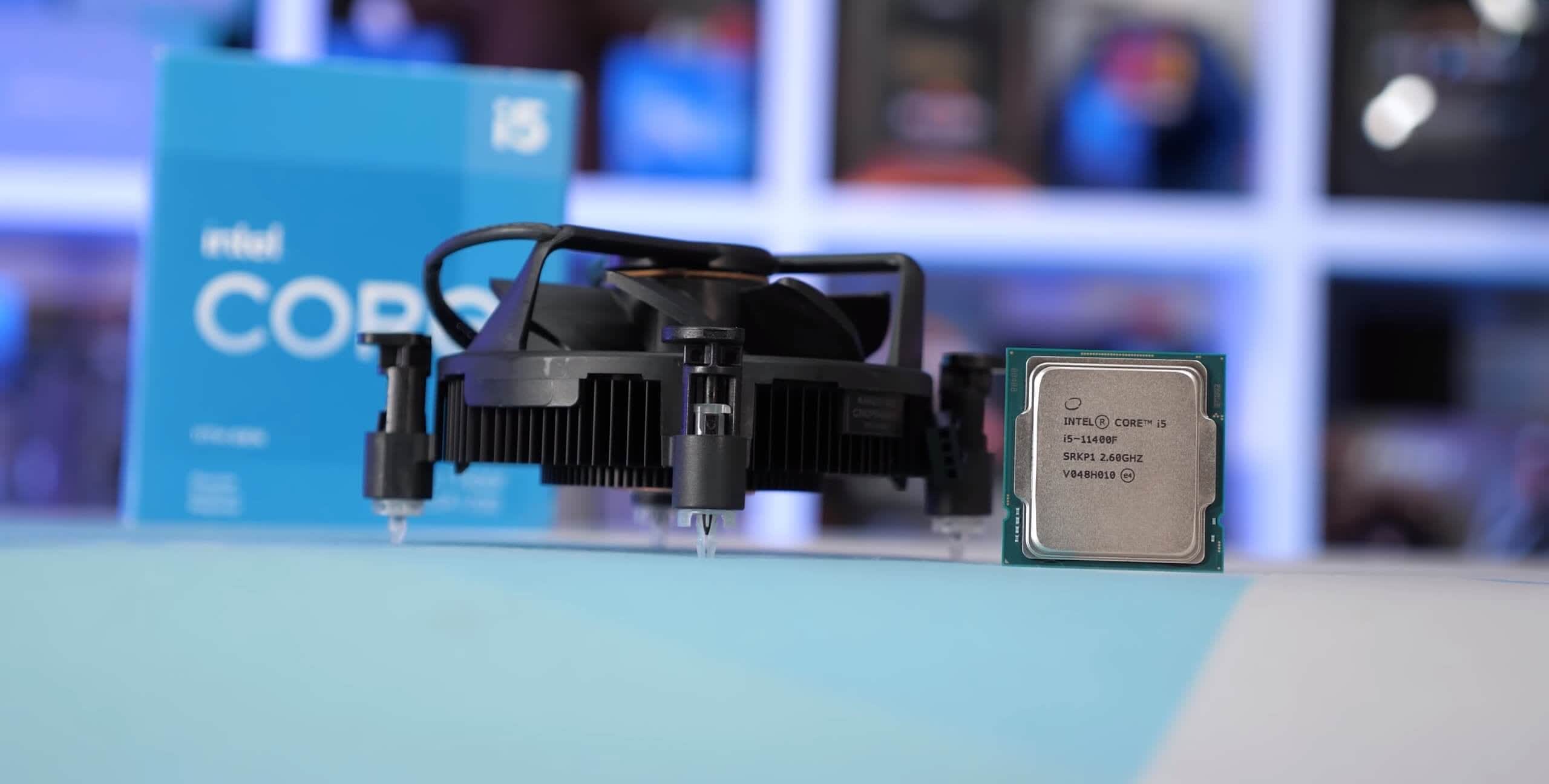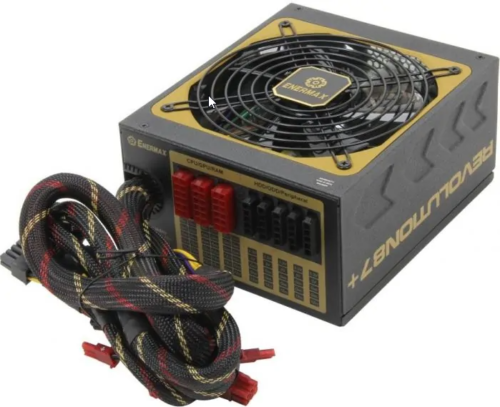Please keep your upgrade discussion to 1 thread
I had an older machine that I gave away. I have however retained my HDD and graphics card which is a GTX 750Ti.
My older rig was as follows
Motherboard: Asus H81M-CS
Processor: i5-4440 3.1Ghz
Ram: Kingston hyperx fb-dimm 4GB DDR3
SSD: Kingston SSDNow 300 (128GB)
HDD: WD 1TB
Graphics Card: GTX 750Ti
PSU: Cooler Master MWE Bronze V2 450
The exact model of my graphics card is as below
https://www.amazon.in/dp/B00I5ZYI5A...abc_XVB9SC0C70M1E6XHAKAZ?_encoding=UTF8&psc=1
I'm not sure if a graphics card that old would bottleneck a newer processor, or if I still have some room to upgrade.
I personally like the i5 10600k but am not sure if it makes sense to take this route.
Is there any scope of still using the graphics card on a newer system today.
I'm not planning on over clocking or heavy gaming.
My older rig was as follows
Motherboard: Asus H81M-CS
Processor: i5-4440 3.1Ghz
Ram: Kingston hyperx fb-dimm 4GB DDR3
SSD: Kingston SSDNow 300 (128GB)
HDD: WD 1TB
Graphics Card: GTX 750Ti
PSU: Cooler Master MWE Bronze V2 450
The exact model of my graphics card is as below
https://www.amazon.in/dp/B00I5ZYI5A...abc_XVB9SC0C70M1E6XHAKAZ?_encoding=UTF8&psc=1
I'm not sure if a graphics card that old would bottleneck a newer processor, or if I still have some room to upgrade.
I personally like the i5 10600k but am not sure if it makes sense to take this route.
Is there any scope of still using the graphics card on a newer system today.
I'm not planning on over clocking or heavy gaming.






